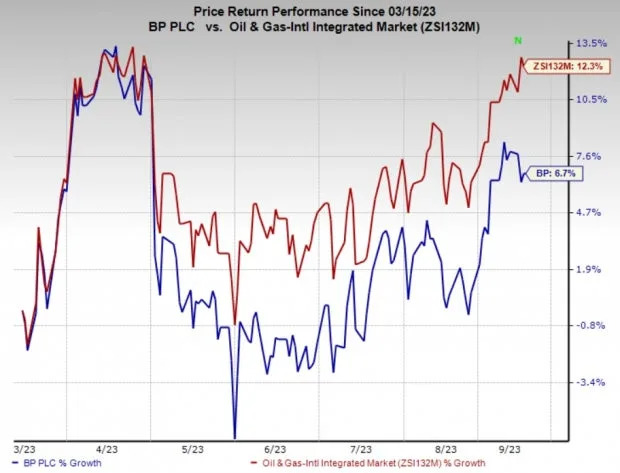Yale Environment 360
Mon, September 18, 2023

A rooftop solar array in Alsfeld, Germany. UuMUfQ via Wikipedia
Germany is on track to generate more than half of its electricity from renewables this year, an official said Monday.
Speaking at a conference organized by the Heinrich Boell Foundation, economy minister Robert Habeck said that Germany has seen a boom in renewable power, Reuters reported.
In the first half of this year, renewables, including hydropower and biomass, accounted for 52 percent of power production in Germany, Europe’s largest economy. If trends continue, 2023 will mark the first full year in which the nation generates more than half of its power from renewable energy, largely wind and solar.
This year, Germany will add at least 9 gigawatts to its 67 gigawatts of solar capacity, with much of the growth driven by rooftop installations. It will also add around 3 gigawatts to its 58 gigawatts of onshore wind.
Unlike these power sources, offshore wind continues to stutter. The sector remains frustrated by supply chain issues that have led to shortages of some components.
Habeck emphasized that Germany is still not on pace to reach its goal of 80 percent renewable power by 2030. The country will need to accelerate its buildout of renewables to keep up with rising electricity demand, particularly as a growing number of electric cars connect to the grid.
BP to Invest $10.7B for Clean Energy Initiatives in Germany
Zacks Equity Research
Thu, September 14, 2023
BP plc BP is allocating a budget of up to $10.7 billion for investing in low-carbon fuels, renewables and electric vehicle (EV) charging infrastructure in Germany by the end of this decade, per a Reuters report.
The latest move is in line with the company’s strategy to rival the local energy firms.
BP recognizes Germany as one of the key countries in its strategy to significantly expand the use of low-carbon fuels and electricity, while moving away from fossil fuels.
As part of its investment efforts in Germany, BP intends to expand its local network of high-speed EV charging stations, decarbonize its refineries and proceed with wind power initiatives. The company is also exploring the possibility to set up a regional center for importing low-carbon hydrogen.
Increasing global awareness of climate change has put significant pressure on countries, including Europe’s largest economy, to accelerate their transition to cleaner energy sources. Firms at the forefront of the energy transition could secure a competitive edge in an upcoming global economy characterized by low-carbon emissions.
Hence, BP intends to allocate a budget of $55-$65 billion toward its emerging transition ventures from 2023 to 2030, eventually matching its financial commitment to oil and gas. The magnitude of this investment is likely to pose a significant challenge for established power utilities, which are finding it difficult to rival the financial strength of oil companies.
BP’s presence in Germany spans more than a century. BP operates two refineries in Germany’s Lingen and Gelsenkirchen. It also oversees Aral, which happens to be the largest petrol station network in Germany. BP provides more than 1,700 fast EV loading spots in Germany through its Aral brand.
BP plans to achieve up to 20,000 charging points by 2030, capitalizing on the increasing embrace of electric vehicles, with various automakers like Volkswagen and BMW introducing the latest models.
Price Performance
Shares of BP have underperformed the industry in the past six months. The stock has gained 6.7% compared with the industry’s 12.3% growth.

No comments:
Post a Comment